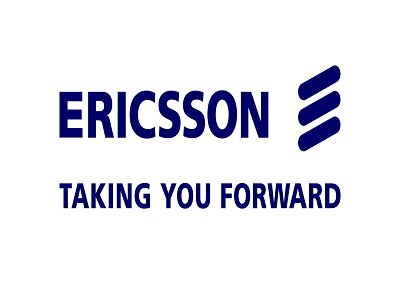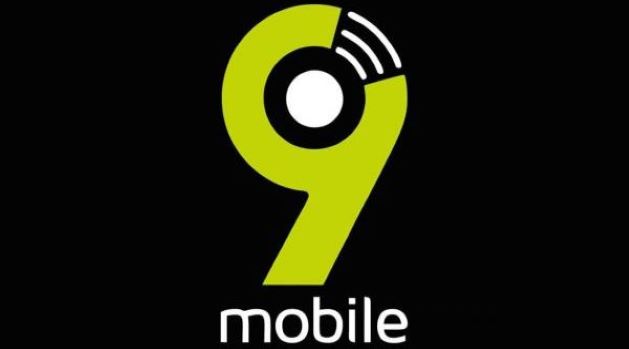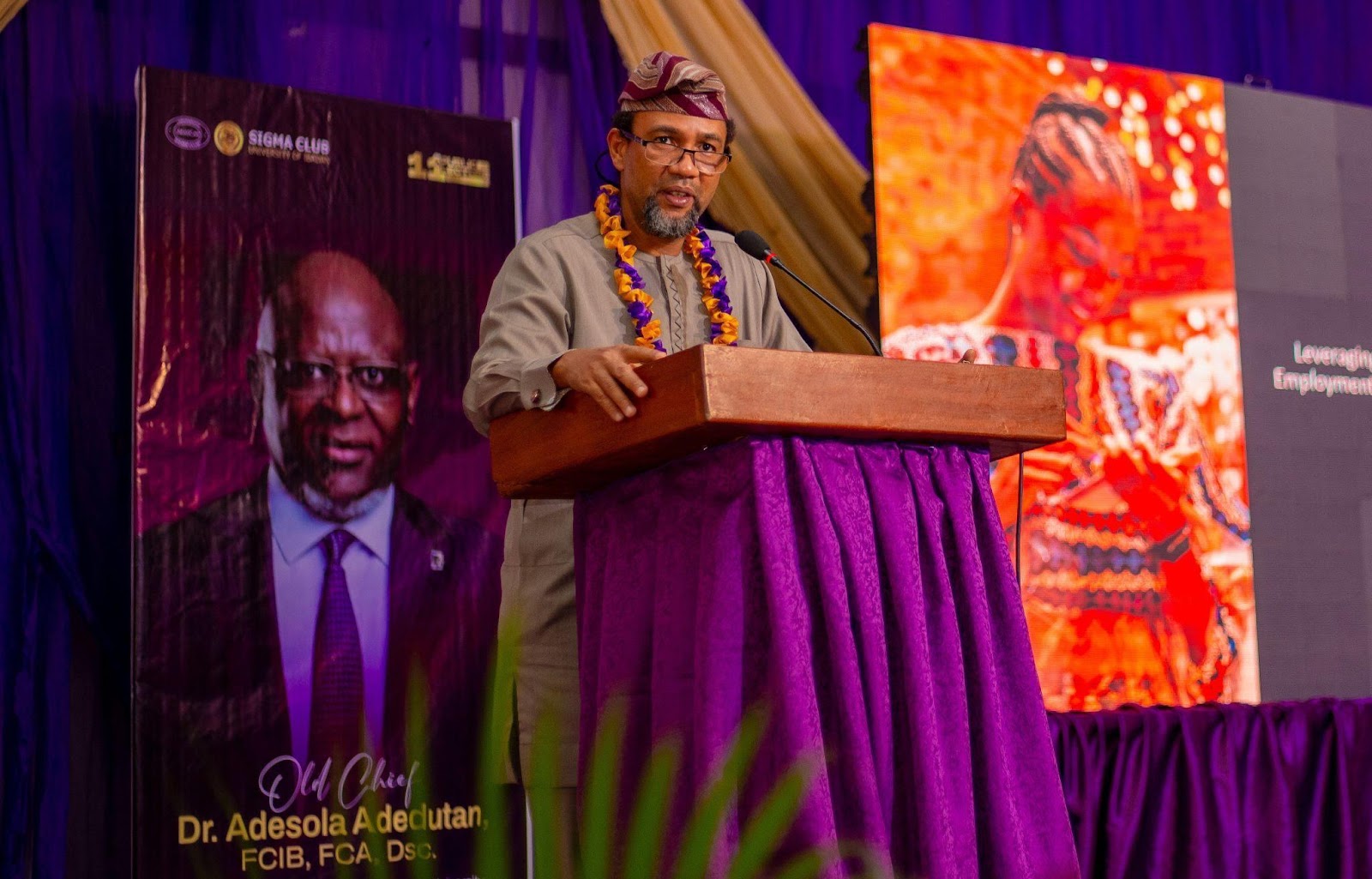Telecom
Ericsson launches Consumer Lab report for Sub-Saharan Africa

With global smartphone subscriptions set to reach 5.6 billion by 2019, smartphones have the potential to bridge digital divide in Sub-Saharan Africa by providing universal access and connectivity to a wider scope of citizens according to the latest consumerlab released by Ericsson.
The ConsumerLab report shows that the mobile phone is the most important piece of technology to 73 percent of mobile users as 56 percent of consumers not using internet on their phones are interested in doing so in future while 62 percent of app users find apps to be more effective than mobile sites.
Ericsson is a world-leading provider of communications technology and services. We are enabling the Networked Society with efficient real-time solutions that allow us all to study, work and live our lives more freely, in sustainable societies around the world. Our offering comprises services, software and infrastructure within Information and Communications Technology for telecom operators and other industries.
Today 40 percent of the world’s mobile traffic goes through Ericsson networks and we support customers’ networks servicing more than 2.5 billion subscriptions. We are more than 110,000 people working with customers in more than 180 countries.
Founded in 1876, Ericsson is headquartered in Stockholm, Sweden. In 2012 the company’s net sales were SEK 227.8 billion (USD 33.8 billion).
In the report, the technology aspect has been updated to include dimensions such as 4G, open data, e-transactions and more advanced usage. The results reconfirm and further strengthen the correlation between ICT and societal, economic and environmental development.
The Swedish capital’s top ranking is due to its well-developed ICT infrastructure, with a high penetration of smartphones and high-speed connections as well as advanced usage paired with innovation and development initiatives utilizing ICT as core enabler.
Patrik Regårdh, head of Ericsson’s Networked Society Lab says: “ICT significantly speeds up interactions between various actors, making them more intense and cost-effective. The reduced cost of information exchange and transactions lowers the threshold for new enterprises and collaborations. As a result, a city’s economic development becomes vitalized.”
ICT provides a platform for collaboration in knowledge-intense activities between companies, public sector and citizens, and stimulates specialization and dynamic information services. This enables businesses and institutions to pool resources efficiently, and to offer solutions and services that neither party could otherwise provide independently.
The report cites the way Shanghai’s Environmental Protection Bureau communicates daily air quality information via its website and Weibo as an example. The aim is to spread knowledge about the adverse health effect due to poor air quality among the urban population of Shanghai.
Regårdh said: “ICT enables completely new ways for citizens to interact with their city and its environment. It becomes a platform for collaboration where citizens can share information and more actively engage in dealing with every day issues.
The report advises that cities in emerging economies and in the early stages of ICT maturity could improve their performance by focusing on socio-economic development and incorporate a clear vision of how to leverage ICT in developing public and private sectors. Citizens’ ability to use new technology and gain direct benefits needs to be at the forefront in order to drive large scale and long term output.
The report also singles out collaboration between cities as increasingly important. For example harmonized open data-frameworks, rather than different systems or protocols, could accelerate for innovation.
Regårdh explained that: “An open data solution could for example allow the same public transportation information services to work not just in Miami, but in Jakarta or Mexico City. This would make life easier for tourists and travelers, but also save infrastructure costs for cities, as they could use solutions of scale.”
Even cities with mature economies need to take action to continue to be competitive and stay connected with future generations of technology.
The Ericsson Networked Society City Index has been developed in close collaboration with Sweco, the sustainable engineering and design group.
In addition to the top-three ranking cities, Stockholm, London and Singapore, the following cities are also part of the index: Beijing, Buenos Aires, Cairo, Copenhagen, Delhi, Dhaka, Helsinki, Hong Kong, Istanbul, Jakarta, Johannesburg, Karachi, Lagos, Los Angeles, Manila, Mexico City, Miami, Moscow, Mumbai, New York, Oslo, Paris, São Paolo, Seoul, Shanghai, Sydney, Taipei, Tokyo.
Telecom
Court to Decides on 9Mobile Ownership Tussle September 24

Federal High Court in Abuja has fixed September 24 to rule on several applications in the case of Abubakar Ismaila Isa, a businessman, who claims that his 43 million shares were allegedly transferred to Emerging Markets Telecommunication Services Limited, operating under the trade name 9mobile, without his consent.

The matter before Justice Mohammed Umar on Wednesday, was filed by Isa’s legal team led by Femi Atteh, SAN, in suit number FHC/ABJ/CS/1971/2024.
The plaintiff seeks an order declaring him the “beneficial owner of the 43,000,000 (forty-three million) ordinary shares held in trust for him by the 1st Defendant (Seltrix Limited) in the capital of the 3rd Defendant (Teleology Nigeria Limited).”
He accused Seltrix Limited of purportedly transferring the said shares to 9mobile without his consent, resulting in the alleged illegal change of control of 9mobile to LH Telecommunication Limited by the Corporate Affairs Commission and Nigerian Communications Commission.
Joined as defendants in the suit are Seltrix Limited, Hayatu Hassan Hadeija, Teleology Nigeria Limited, Mohammed Edewor, Emerging Markets Telecommunications Limited, CAC, NCC, LH Telecommunication Limited and General Theophilus Yakubu Danjuma (Rtd) (first to ninth defendants).
A counter-affidavit sworn to and filed on behalf of Seltrix Limited, Hadejia had described the plaintiff’s application as a reckless abuse of the court process.
He urged the court to dismiss the application and award substantial costs against the plaintiff.
He also demanded concrete evidence of any trusteeship arrangement involving him or Seltrix Limited concerning the alleged N43 million ordinary shares in the capital of the third defendant, Teleology Nigeria Limited, or any matter related to the suit.
Hadejia stated that the plaintiff’s motion, dated 27 January but filed on 28 January, was a fabrication designed to mislead the court.
At the resumed hearing, Michael Aôndoakaa, SAN, counsel for Teleology, 9mobile, and others, drew the court’s attention to his preliminary objections, asking the court to strike out the case for “being statute-barred” as it was filed out of the stipulated time required.
Telecom
MTN, 9mobile Commence Ground-breaking National Infrastructure Partnership

In a landmark move set to redefine Nigeria’s telecom landscape, MTN Nigeria Communications Plc and Emerging Markets Telecommunications Services Limited (9mobile) have officially announced the rollout of their national roaming agreement, approved by the Nigerian Communications Commission (NCC).

The three-year agreement enables 9mobile subscribers to roam seamlessly on MTN Nigeria’s expansive network, significantly extending 9mobile’s coverage and improving service quality for its customers. The partnership signals a shift toward greater industry collaboration, aligning with the NCC’s vision for a more inclusive and efficient digital ecosystem.
Beyond infrastructure sharing, the agreement drives greater operational efficiency, stronger connectivity, and an enhanced user experience. It also paves the way for deeper collaboration between the two telcos, most notably a proposed spectrum leasing deal, in which 9mobile will lease its 900MHz (5MHz) and 1800MHz (15MHz) bands to MTN for three years, further strengthening MTN’s network capacity and service quality.
“This partnership marks a bold resurgence for 9mobile,” said Obafemi Banigbe, CEO of 9Mobile. “It empowers us to meet the needs of our customers, especially youthful and enterprise users, by delivering consistent, high-quality service as we roll out city by city in the weeks ahead.”
Banigbe acknowledged the leadership of Dr. Aminu Maida, Executive Vice Chairman and the leadership of the NCC, for enabling such progressive industry collaboration, and Dr. Bosun Tijani, Honourable Minister of Communications, Innovation, and Digital Economy, for his advocacy of a resource-efficient, consumer-first telecom ecosystem.
“In today’s telecom environment, access is more strategic than ownership,” Banigbe added.
“Access to infrastructure is now more important than ownership,” Banigbe added. “Rather than duplicating networks, we’re investing in access that is commercially viable and sustainable. Network infrastructure typically accounts for 70–75% of an operator’s costs, savings here mean we can reinvest in innovation and customer experience. At 9mobile, our mantra is simple: build infrastructure where necessary, share it where possible,” he concluded”
Dr. Karl Toriola, CEO of MTN Nigeria, described the agreement as a milestone for the sector, “This collaboration underscores our commitment to industry innovation, customer-centricity, and support for the NCC’s goal of a fully connected Nigeria,” said Toriola. “It reflects our shared value philosophy, prioritizing partnerships that benefit the entire ecosystem.”
Toriola also praised Dr. Tijani’s efforts in promoting meaningful collaboration as a key driver of digital access, service quality, and nationwide inclusion.
This pioneering agreement sets a new benchmark for infrastructure sharing in Nigeria. It exemplifies how competitors can collaborate to address systemic challenges, reduce redundancies, and collectively transform the industry—ultimately delivering broader coverage, better service, and faster access to emerging technologies for Nigerian consumers.
Telecom
Karl Toriola Champions Digital Education for Employability @Sigma Club Lecture

MTN Nigeria CEO, Dr Karl Toriola delivered a strong call for digital skills adoption and curriculum reform at the 11th Public Lecture of the Sigma Club, University of Ibadan, on Thursday, July 3, 2025.

Speaking on the theme, Leveraging Technology & Digital Education for Mass Employment, Wealth Creation and Poverty Alleviation, Toriola said technology and education can drive large-scale transformation by unlocking access to both global and local job markets. He explained that digital tools enable entrepreneurship, remote work, and access to essential services, especially in underserved areas.
He pointed out several barriers: the infrastructure deficit caused by high deployment costs, poor electricity, and insecurity in rural areas; digital literacy and education gaps; gender and regional disparities; outdated or inconsistent government policies and weak public-private coordination.
Referencing a story about a high-achieving Nigerian doctor, he said, “I saw an article a few days ago about a Nigerian medical student or doctor that qualified simultaneously in [different] specializations of medicine. It’s incredible what some of our people are doing. Our youths are ready. Our systems must be ready too.”
Among his recommendations, Toriola called for expanded digital infrastructure, changes to school curricula, stronger public-private partnerships, and programs designed with gender and cultural awareness in mind. “We must make education employable,” he said. “We have to create the opportunities for students to practice what they are learning with institutions, private-sector institutions that are using those skills of the future.”
Toriola also emphasized that while automation and robotics dominate conversations about the digital economy, there is still significant opportunity in content creation, manufacturing, and agriculture. “Huge opportunities exist in Nigeria. We need to provide the environment for the Nigerian youth to thrive by driving connectivity, changing the curricula to allow our students to acquire the skills that are required in the job market of today.”
He closed with a message of encouragement, saying, “It does not matter however you start. Where you get to at the end of the day is a product of how dedicated, focused and hardworking you are. Never give up. Nigerians have an immeasurable capacity to deliver if given the right opportunities.”
Earlier, Hon. Folajimi Oyekunle, Deputy Chief of Staff to the Oyo State Governor, delivered the welcome address on behalf of Governor Seyi Makinde. He noted that the lecture’s theme was timely and aligned with the administration’s focus on innovation and inclusive development. Citing initiatives such as the Waste to Wealth program, which created 12,000 direct jobs, and the recruitment of 21,000 teachers, he highlighted efforts to improve employment outcomes in the state. He also mentioned that the state’s internally generated revenue had risen to 8.5 billion in the first quarter of 2025, compared to a pre-2019 average of 1.6 billion.
“The government so far has worked in line with all stakeholders to create an enabling environment for job creation, which gives our graduates the opportunity to be employed in government work. As a government, we continue to support and encourage wealth in the state and also to support programs like this, which in one way or the other, gives back to their school,” he said.
Other dignitaries present at the event included the Alaafin of Oyo, Oba Abimbola Owoade; Dr. Gani Adeniran, retired lecturer from the University of Ibadan’s Faculty of Veterinary Medicine, who served as Father of the Day; and Professor Gabriel Ogunmola, Chancellor of Lead City University, Ibadan.
Initiatives like MTN’s recently launched Digital Skills Academy reiterate the company’s commitment to expanding digital access and opportunity. The platform includes a career guidance tool to help users identify and pursue paths aligned with their strengths and market demand. It forms part of the MTN Foundation’s Digital Skills for Digital Jobs programme, which supports the National Digital Economy Policy and Sustainable Development Goal 4 on quality education.

 Telecom2 days ago
Telecom2 days agoMTN Nigeria Debuts Game-Changing CPaaS Platform at NextNow Forum

 Telecom3 days ago
Telecom3 days agoNCC Approves MTN, 9Mobile Roaming Collaboration Deal

 E-Financial2 days ago
E-Financial2 days agoNAICOM Issues New Licenses to SanlamAllianz Life, General Insurance

 News2 days ago
News2 days agoAMCON Confirms ₦100Bn Sale of Ibadan DisCo Amid Legal Disputes

 E-Financial2 days ago
E-Financial2 days agoGTCO to Become First Nigerian Bank to List on London Stock Exchange

 E-Business2 days ago
E-Business2 days agoDomain of Deception as Attackers Deploy Spyware Under Guise of Legal Threats

 E-Financial3 days ago
E-Financial3 days agoWorld Bank Approves Extra $65m for Nigeria’s SPESSE

 E-Financial3 days ago
E-Financial3 days agoEcobank Taps Google Cloud to Deepen Financial Inclusion




























